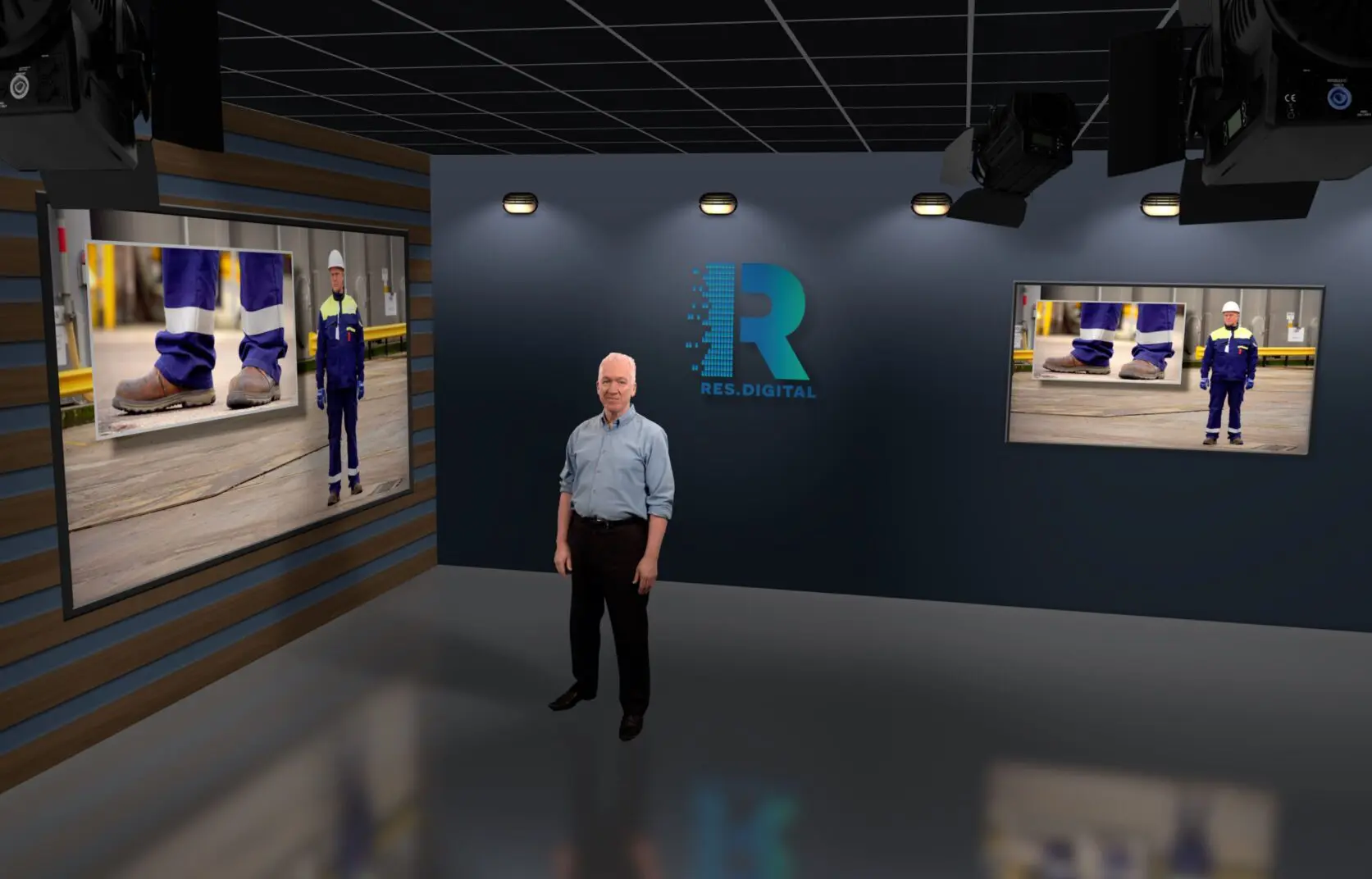Why Choose Resolution?
Since 2005, we've been transforming workplace safety through innovative technology. Our solutions combine cutting-edge software, aerial survey capabilities, and professional content production to deliver comprehensive safety management systems.
We serve clients across multiple sectors including manufacturing, construction, logistics, energy, and facilities management. Our team of experts ensures your safety operations are efficient, compliant, and future-proof.
Contact us today: 01472 600 654 | hello@res.digital
Address: Riverside Business Centre, Humber Road, Barton-upon-Humber, DN18 5RL, United Kingdom

